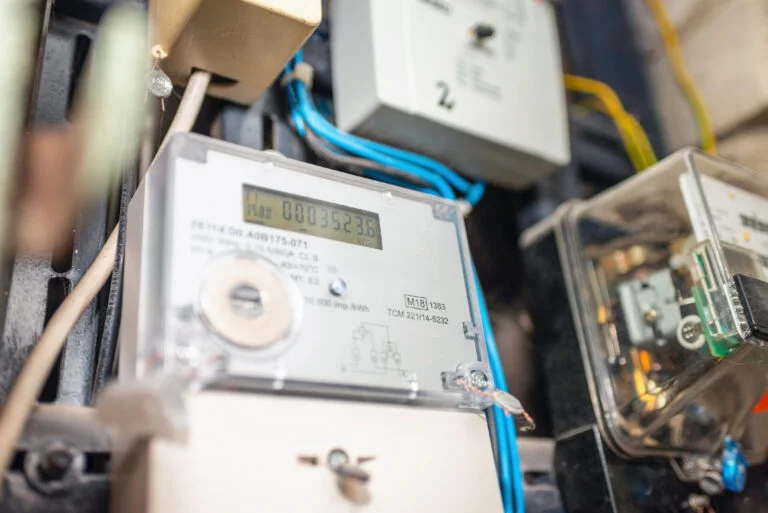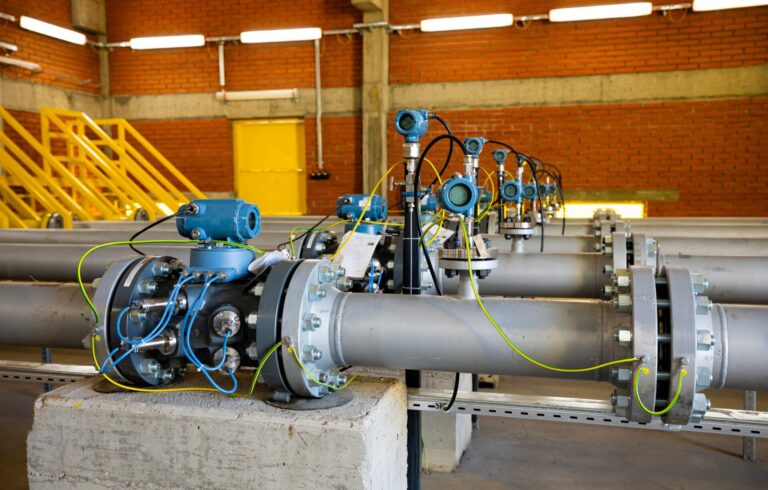Two significant developments in the UK’s energy sector illustrate the evolving landscape: a predicted sharp rise in oil and gas import dependency, and notable but stable movements in wholesale energy markets. These developments present challenges for both energy security and long-term economic planning.
Oil and Gas Imports Set to Dominate the Energy Mix
By 2030, the UK is expected to import approximately 80% of its oil and gas requirements, up from the current level of around 60%. This projection, reported by Offshore Energies UK (OEUK), reflects the declining output from the North Sea and a lack of new investment to replace ageing infrastructure.
Despite efforts to decarbonise, over three-quarters of the UK’s energy still comes from oil and gas. These fuels not only generate electricity but also heat homes, power transport, and are used in manufacturing essential goods such as pharmaceuticals and plastics.
At present, around 38% of the UK’s gas comes from domestic sources. However, OEUK warns that this could drop to below 20% by the end of the decade without renewed investment in exploration and production.

Implications of Rising Import Dependency
An increased reliance on imports introduces economic and geopolitical vulnerabilities. Imported energy is subject to global market fluctuations, foreign exchange risks, and transportation challenges.
These factors could place pressure on energy bills and reduce the resilience of the UK’s energy system.
Falling Investment in Domestic Production
Capital investment in the UK Continental Shelf (UKCS) has dropped significantly. In 2023, fewer than 10 exploration wells were approved, highlighting reduced activity in what was once a globally competitive production basin. The decline in investment has been attributed to policy uncertainty, regulatory delays, and global competition for capital.
Although a licensing round was launched to attract new interest, uptake has been relatively low. Industry leaders argue that a clearer, long-term strategy is required to retain a functional domestic oil and gas sector. Without this, the UK may struggle to manage a balanced energy transition.
Current Energy Market Trends
Wholesale gas and electricity prices in the UK have experienced modest increases. For example, as of June 2025, the day-ahead baseload electricity price rose by 1.7%, while the front-month gas contract saw a 1.4% increase. These movements occurred despite subdued wind output and marginal changes in carbon and liquefied natural gas (LNG) prices.
Lower-than-average wind speeds led to greater dependence on gas-fired generation. Meanwhile, volatility in the markets has been limited compared to the peaks seen during the 2022–2023 energy crisis. This relative stability is supported by high storage levels across Europe and a diversified LNG supply base.
European Market Dynamics
In continental Europe, similar trends were observed. German power prices rose slightly, bolstered by expectations of reduced solar generation and marginal gains in carbon pricing.
Dutch TTF gas – the leading benchmark for European wholesale gas – also recorded moderate gains, influenced by signs of recovering industrial demand and a tighter short-term supply outlook. Despite these pressures, the overall market environment has been comparatively calm, thanks in part to well-stocked storage facilities and diversified import sources.
Challenges and Priorities for UK Energy Policy
The UK now faces a strategic challenge: to manage the gradual decline of its domestic oil and gas sector while ensuring secure and affordable energy supplies for consumers and businesses. OEUK recommends a balanced approach.
Continued support for domestic production, including regulatory reforms and targeted investment incentives, will be essential to maintain a degree of energy independence during the transition.At the same time, accelerating investment in renewables, hydrogen, and carbon capture and storage (CCS) technologies will be necessary to meet decarbonisation targets and enhance long-term resilience.
Business Considerations and Industry Response
For businesses involved in energy supply, infrastructure, or procurement, these trends highlight the need to prepare for an increasingly import-reliant environment. Strategic adjustments may include:
-
Reviewing supply chain risks
-
Reassessing hedging and pricing strategie
-
Evaluating opportunities in low-carbon and transitional technologies
Proactive planning and close monitoring of both domestic policy and international market trends will be vital in navigating the next decade.
The UK’s oil and gas outlook reflects both immediate market developments and longer-term structural change. With production declining and imports set to rise, a coherent national strategy will be required to manage the implications for energy security, affordability, and the wider economy.
While wholesale prices remain relatively stable for now, the risk landscape is evolving. Policymakers, industry leaders, and energy buyers must work collaboratively to ensure the UK remains resilient during its energy transition.






